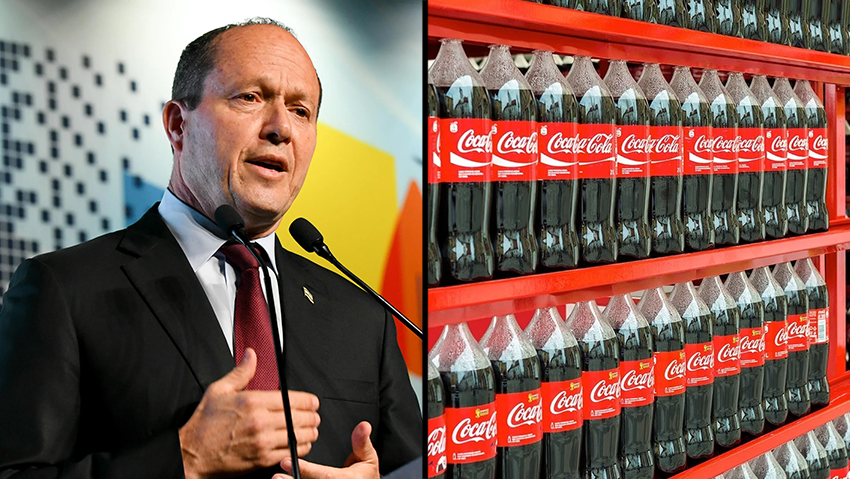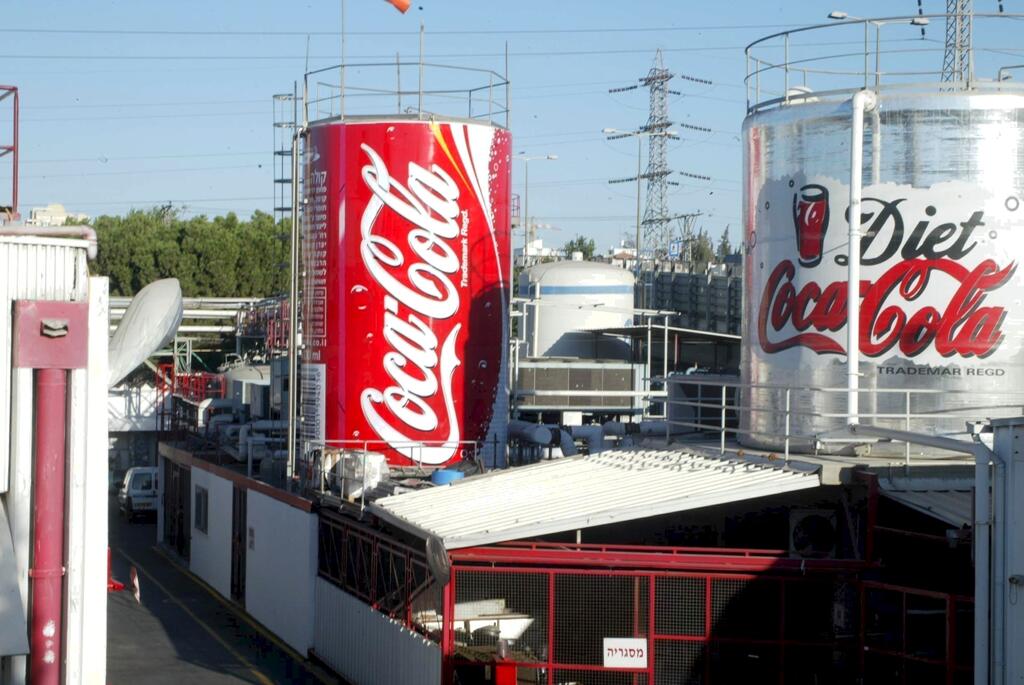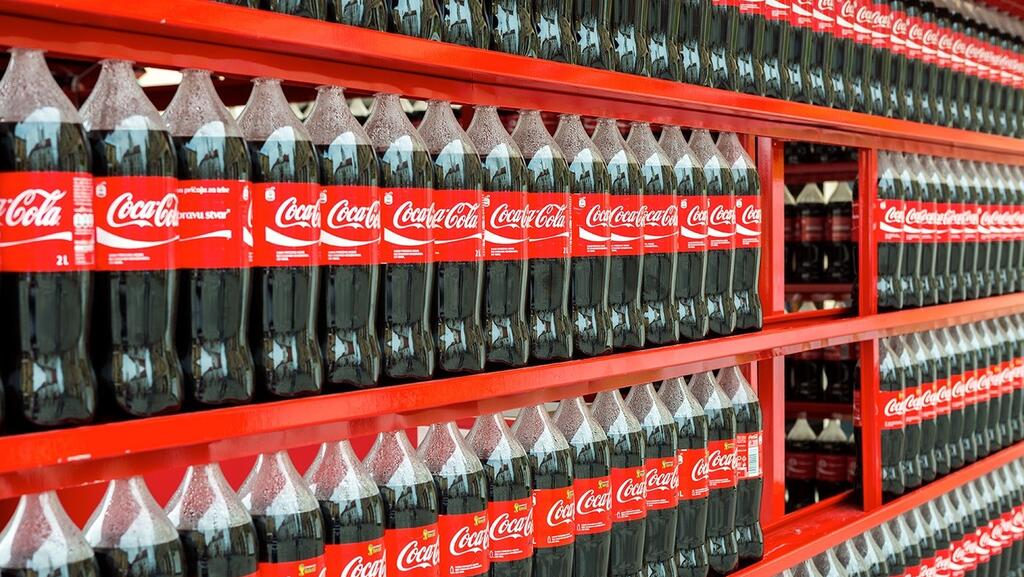Getting your Trinity Audio player ready...
Economy and Industry Minister Nir Barkat opened a front against Coca-Cola Israel, the country's main beverage company, after it announced an across-the-board price increase for all of its beverages, from Coca-Cola to beer, at a rate of approximately 6.7%.
More stories:
In a letter sent Monday to company CEO Nir Levinger, Barkat gave notice of his intention to put some of its products under supervision and demanded to receive the data that will reveal "why Coca-Cola prices in Israel are among the highest in the world."
Dr. Yonatan Bezalel, head of the Budgets Division and Price Controller at the Ministry of Economy and Industry, sent the notice to the company by virtue of his authority in accordance with Israeli law. He accused Coca-Cola of being "a monopoly owner in the cola drinks market (regular and diet), in accordance with the announcement of the Commissioner of Competition dated May 10," wrote Bezalel to the Coca-Cola Israel Company.
"From the information we have, it appears that the prices of the main cola products that you produce and market are the most expensive in their category. In a comparative examination with international markets, there are indications that the cola products in Israel are among the most expensive in the world.
Recently, close to the abolition of taxation on sugary drinks, your company announced its intention to increase the prices of your products to a considerable extent, in a way that may affect the beverage sector in Israel as a whole," he also wrote.
Barkat told Coca-Cola Israel that the company is required to provide specified data and documents within three weeks, including audited financial statements of the company from 2018-2021.
The inspector of prices at the Ministry of Economy and Industry also demanded that the Coca-Cola Israel Company disclose production quantities and sales quantities of cola products in Israel, product ingredients and quantities per product, packaging and transportation costs, and the operating profit from the cola drinks sector for the years 2018 to 2022, as well as other data.
In the first stage, the products in question are: Coca-Cola Zero six-pack (1.5 liters), Coca-Cola six-pack (1.5 liters), Coca-Cola single (1.5 liters), Coca-Cola Zero single (1.5 liters), Coca-Cola Zero Slick can (330 ml), Coca-Cola Slick can (330 ml).
The central beverage company that holds the Coca-Cola franchise in Israel is a private company, whose financial data does not have to be disclosed, and therefore there is no information publically available about its profits, unlike the other major beverage companies in Israel such as Tempo.
According to Barkat, there is no justification for a price increase, while the prices of food inputs - the prices of goods needed to produce something, and the prices of sea transportation have fallen.
About two months ago, the Economy Ministry published a price comparison between Coca-Cola Israel and its worldwide price, and in the Palestinian Authority – where another franchisee operates. According to the comparison, a 1.5-liter bottle of Coca-Cola Zero is sold in Israel at a price of about 8.6 shekels, while in other parts of the world, it is sold for only 3.56 NIS - a difference of about 60%.
'I thought this is a joke'
Rachel Gur, an attorney and the director of public policy at the Lobby 99 public advocacy group, said in an interview with the program "New Money" on Ynet radio that she thought perhaps Barkat's proposal was a joke.
"I admit that the first thing that went through my mind was that maybe he was confused, or that it is May 1 and this is a joke. But, apparently not, and it's quite amazing that we went a few weeks from the abolition of the tax proposed by the previous government on sugary drinks in order to reduce costs on the public system as a result of diabetes and a host of diseases caused by excessive consumption of sugar, and now within just a few weeks we see that the government is proposing to subsidize Coca-Cola as a basic consumer product to make it accessible to the public - this is the meaning of price control," she said.
Gur also notes that less attention currently is being paid to economic issues due to the focus on other government priorities, such as the judicial overhaul and, now, the state budget.
"There is no doubt that there is a difficult division of attention here and that the economic issues are not getting the attention," she said.
Meanwhile, the increase in the cost of living continues and, following the rise this week in the cost of price-controlled milk products, it is now bread's turn. The country's largest bakeries are demanding a 5.2% increase in the price of price-controlled bread. The price committee is set to discuss next week this demand, which is based on the results of the recent price update formula for controlled products. According to the bakeries, the reason for the increase in price: the increase in labor wages and the rise in the price of raw materials, mainly flour.
The last time the price of supervised bread was updated was in July 2022. It was a significant increase of about 20%.




